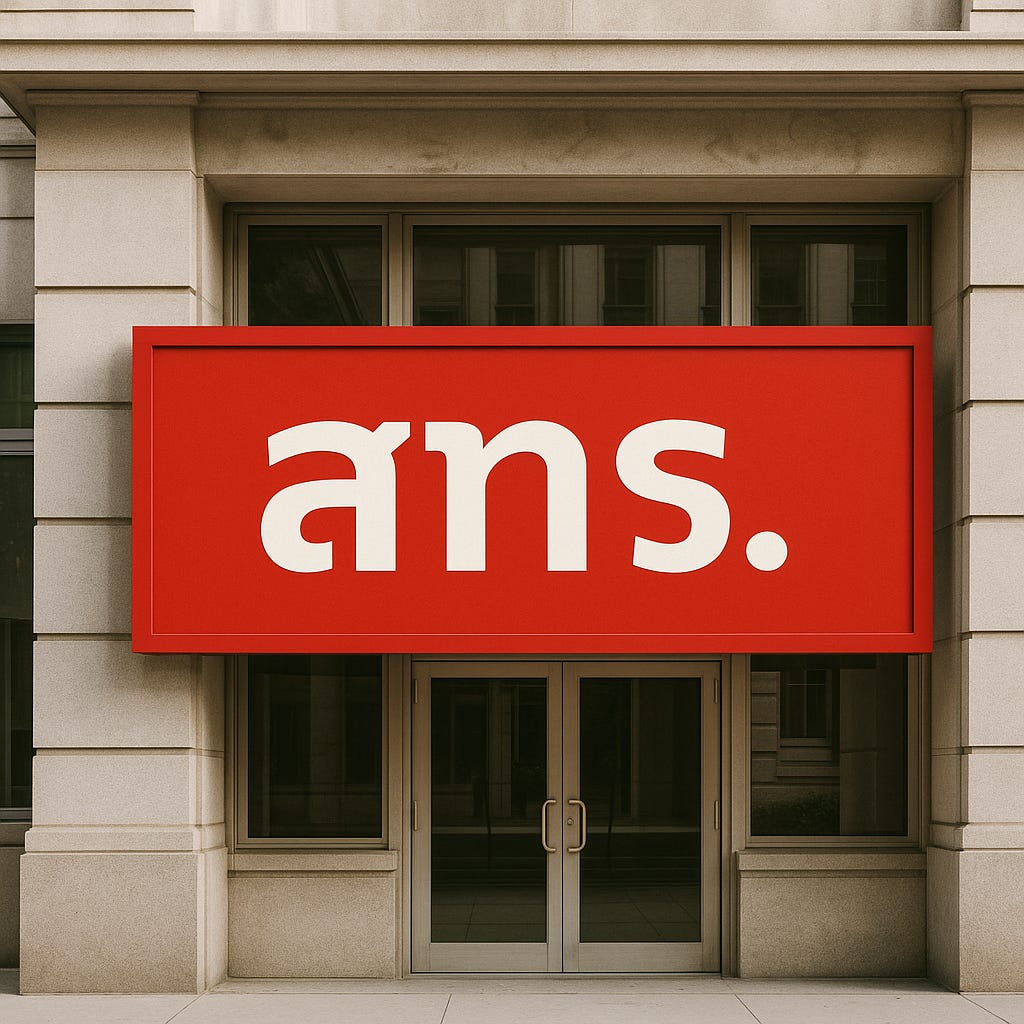"Meddling in Everything"
On the liabilities of "Sor Tor Ror"
As I described in my last post, we are currently in a false period of calm in Thai politics as we wait for important court rulings to arrive. If you are interested in an analysis of potential scenarios that could emerge, I recommend this thread by Dr. Napon Jatusripitak.
In the past few months, a new nickname for former prime minister Thaksin Shinawatra has gained popularity: Sor Tor Ror (สทร.). A three letter acronym reminiscent of a government agency, it radiates the legitimacy of a quasi-official position. But in this case, Sor Tor Ror stands not for a government body but instead for a Thai phrase that can be translated as “meddling in everything.” For Thaksin, the prime minister’s father who holds no government position but constantly opines on state affairs, it is not a surprise why the nickname has stuck.
Thaksin, for his part, has said that he does not mind this nickname. After all, he himself has said that he needs to meddle so much because of the country’s numerous problems. And for people who adore him, Thaksin said four months ago, Sor Tor Ror can also stand for "sood thee rak” — “my beloved.”1 But this, in a way, precisely captures the problem that Thaksin is facing: it is difficult to imagine that there is a favorable ratio of people who view him negatively as the meddler in chief versus the number of people who still think of him as a beloved politician.
It is worth noting that a concrete problem that Thaksin’s role as Sor Tor Ror may pose is a legal one. It is illegal under Thai law for political parties to be dominated (ครอบงำ) by an outsider. When it was reported that Thaksin will attend a coalition dinner, Pheu Thai’s chief whip immediately argued that this was merely chatting over a meal and does not constitute “domination.” But given all of the government’s legal woes, adding scrutiny of Thaksin’s outsized role in public life can hardly help.
But the deeper problem underlying Thaksin’s role is that it is difficult to identify how exactly his meddling is producing results for the country. During a speech in this past week, Thaksin described how a Singaporean friend had told him that when he returned to Thailand, they felt concerned in Singapore that Thailand might become competitive again, but that now that Thailand has returned to quarreling, they feel at ease once again. The point Thaksin wanted to make is that Thais should unite under Pheu Thai’s leadership so that the country can move forward once more.
But the issue with this is twofold. Firstly, it is not clear what Thaksin’s grand strategy for Thailand is even absent the current political troubles plaguing the Pheu Thai government. Pheu Thai usefully made a graphic summarizing Thaksin’s policy vision, where he prescribed policies that he believes is necessary for Thailand. (Why Pheu Thai has to summarize Thaksin’s desired policies when he holds no government position is a question they leave unanswered). Some of the policies are throwbacks to those he pioneered as prime minister twenty years ago (“CEO governors”, bureaucratic reform), while others are longstanding Pheu Thai policies (flat 20 baht transit fares, soft power promotion). Thaksin also proposed a “crypto sandbox” and “golden visas” to bring in “quality taxpayers.”
Individually, the merits of these policies can be debated. But together they feel strangely disjointed, lacking in a coherent grand vision, the whole being less than the sum of its parts. What exactly is Thaksin’s plan for how to make Thai industries more competitive? Or how to take Thailand out of the middle income trap? Although they proved unsuccessful in their execution, all investors at least knew that the Prayut Chan-o-cha government was pioneering major flagship policies such as the Eastern Economic Corridor; ministers spoke frequently of S-Curve industries and economic restructuring. Where is that focus now? And with education now under the control of ally Kla Tham rather than Bhumjaithai, why has Thaksin hardly spoken all of education reform — something which Thailand painfully needs? The previous government set the goal of having Thailand reach developed country status by 2032. This looks increasingly unattainable.
Secondly, even as Thaksin wants people to unite, he has squandered so much of the popular faith that voters used to have in him that it makes any such unity impossible. I’ve written in recent weeks about Pheu Thai’s slide in opinion polling. Given how closely identified the party is with Thaksin, I can hazard a guess (even without concrete polling to draw on) that a lot of this has a lot to do with the decline in Thaksin’s own personal popularity. To his base, the missteps keep adding up: first the grand compromise with the conservatives, then the various policy pledges that have been scaled down or abandoned, and more recently the goverment’s mishandling of the Cambodia tensions.
As the Thai writer Noom Mueang Chan recently wrote: “Thaksin has often said that confidence is very important…when Pheu Thai formed their government, that confidence was still there. Don’t forget that most people once believed in Thaksin because of his achievements from the Thai Rak Thai government…therefore, once the results of the past two years have been bad, the confidence that was once an important weapon of Pheu Thai’s will of course disappear.”
Indeed, political faith has always been the centerpiece of Pheu Thai’s arsenal, and this faith was built on Thaksin as its cornerstone. But one wonders whether he is now as much of a liability as an asset to the party. People would perhaps be more open to the meddler in chief if his meddling produced results. But with the results that the Pheu Thai government has actually produced so far, few people will translate Sor Tor Ror as “sood thee rak”.
For his part, Thaksin prefers to define himself as the “national clerk.”



Thaksin, the "Meddler-in-Chief."